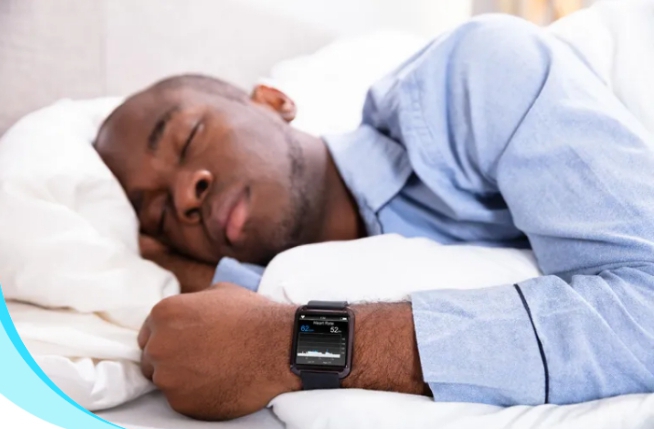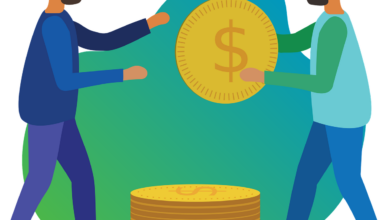How Much Can You Earn From Paid Sleep Studies?

There are alot of sleep centres around you but getting paid to sleep seems like a dream come true. The truth is that hospitals will pay you to sleep — or, in some cases, not sleep — so that they can learn more about sleep and sleep-related diseases.
BEST SLEEP CENTERS NEAR YOU
The American Academy of Sleep Medicine has accredited sleep centers, and you may find a list of them on the AASM website. Look for the “Find a Sleep Center” box, input your address, city, or ZIP code, and choose a search radius. You’ll be given a list of accredited sleep centers in your area.
To find out which sleep centers are doing paid studies, go to the particular sleep center’s website. Those in teaching hospitals are your best bet for sponsored research.
There are numerous types of research, each with its own set of requirements. Some studies seek volunteers of a specific age or with a specific health condition. They may seek research subjects of a specific race or socioeconomic class. In brief, you may need to perform some research to find a study for which you are qualified.
Sleep Studies for Those With Specific Conditions
Many sleep studies are centered on possible remedies for certain diseases. Sleep apnea, a potentially serious sleep disorder marked by interrupted breathing while sleeping, affects a large number of people and is the focus of numerous studies. If you have this disease, you might be able to participate in trials like the one at Harvard Medical School, which pays up to $900 for a single one-hour screening visit and four 12-hour overnights.
Sleep research on persons who work atypical hours, generally known as shift workers, is also ongoing. If you work late hours or if your shifts change on a regular basis, you may have more possibilities to participate in research that look at how altering sleep habits affect productivity and mental health.
Overnight Sleep Studies
Some trials need you to spend only one night in the hospital. One study on the influence of sleep on memory necessitates an overnight stay and an MRI scan, as well as tracking your health and completing a survey. This survey can pay up to $350 in addition to meals.
Multiday Sleep Studies
Some sleep studies necessitate a multi-day inpatient hospital stay. A current research at Brigham and Women’s Hospital in Boston, for example, necessitates a three-week screening period followed by a seven- to eight-day inpatient stay. The study is looking for healthy volunteers between the ages of 18 and 30, and it offers up to $2,500 in compensation.
A circadian rhythms study that necessitates four screening visits, a regular sleep regimen for two to four weeks, and a five-day stay in the sleep research facility can pay up to $1,800.
Men and women between the ages of 20 and 45 may be eligible for a sleep deprivation study that comprises four weeks of screening followed by a 10-day hospital stay. This study may also need personal health tracking, an injection or IV, and a blood draw. This study is worth up to $4,000.
Another Brigham and Women’s study required a 33-day inpatient hospital stay after a two-week screening phase for those with the time. They want healthy 20- to 40-year-olds who don’t smoke and don’t take any drugs. This study is worth up to $6,250.
FREQUENTLY ASKED QUESTIONS
How much does a sleep study cost?
A sleep study is an examination that assists healthcare providers in determining abnormal sleep patterns. A sleep study can cost anywhere from $1,000 to $7,000, depending on where you reside, the type of research, and doctor fees. Medicare covers the most common types of sleep studies used to diagnose issues such as sleep apnea.
Read Also: 10 Keys to Getting a Second Job
Is a sleep study worth it?
A sleep study can reveal the underlying causes of a person’s symptoms, including whether or not a sleep problem is present. Sleep studies are also used to check treatment responses in persons who have sleep problems.
What if I can’t sleep during a sleep study?
What if I am unable to sleep throughout my sleep study? If a patient is having trouble sleeping, we may give them melatonin or even Benadryl. We just need a few hours of sleep data to make an accurate diagnosis, so don’t worry if you didn’t get a full night’s sleep.
Can you do a sleep study at home?
At-home sleep apnea testing is a simple, low-cost technique to determine whether you’re having difficulty breathing. A home sleep apnea test is a simple breathing monitor that monitors your breathing, oxygen levels, and breathing effort as you sleep.
CONCLUSION
Some sleep studies are usually carried out on patient mostly for scientific purposes while the participants are been paid.
To participate check out the above article to find some sleep studies near you.
For more information always visit dailygam.com





